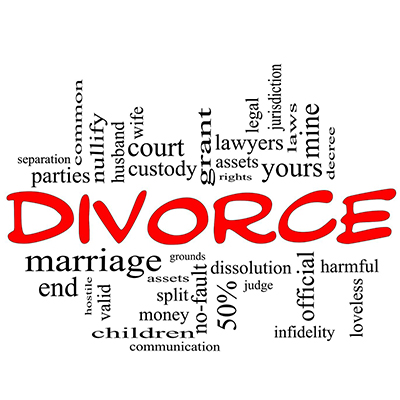Families Change
Guide to Separation & Divorce
Divorce
 When parents get a divorce, they are legally ending their marriage.
When parents get a divorce, they are legally ending their marriage.
The law on divorce is the same across Canada. People in Quebec get divorced the same way people in British Columbia get divorced.
Only a judge can grant a divorce. However, your parents won't have to go to court in front of a judge themselves unless there are things they can't agree on.
